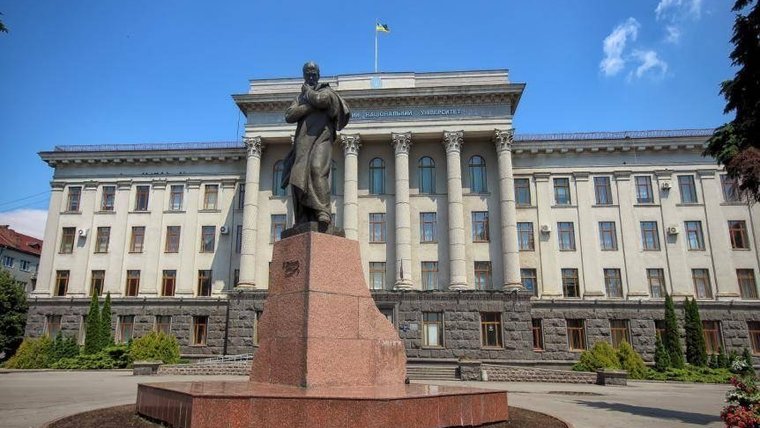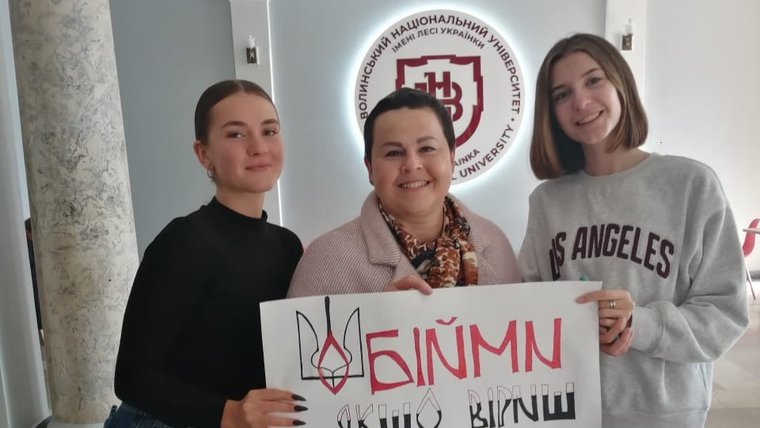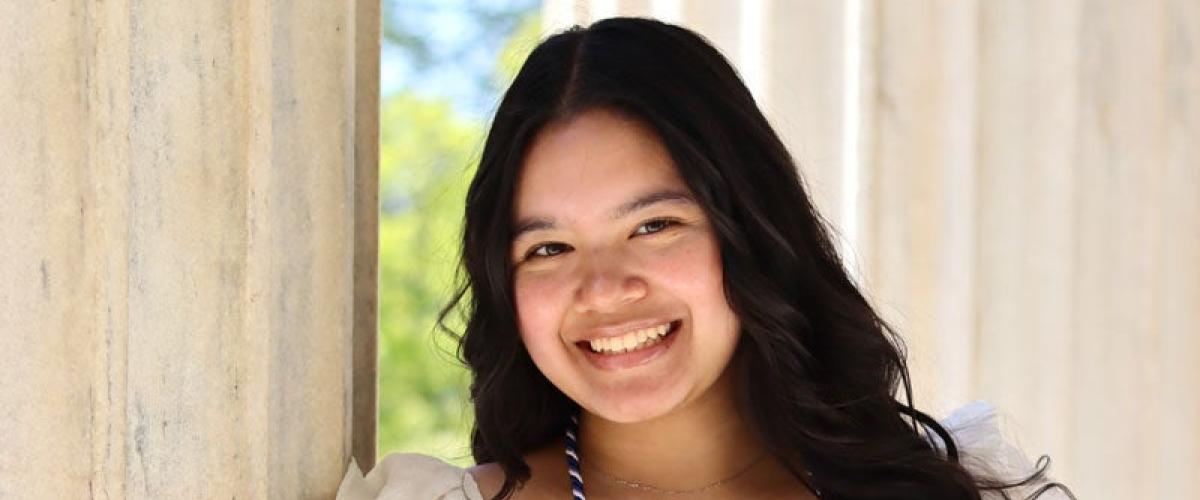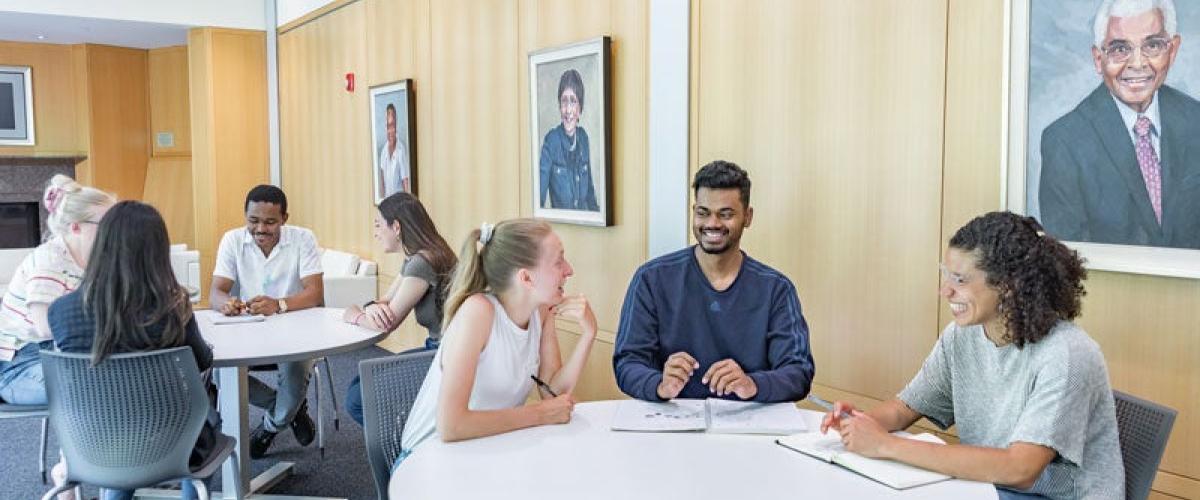Lecturer Richard Romaniuk was recently featured on the Peace Corps' website as a Returned Peace Corps Volunteer. He volunteered in Ukraine as a Virtual Service Pilot (VSP) from September through December 2023.
Read his full profile below or on the Peace Corps website.
1. What got you interested in the Peace Corps, specifically the VSP program?
For several years, I was doing volunteer work in other countries, teaching English, or trying to be helpful. I learned about Peace Corps Response and thought the program would be appropriate for me as I could apply my professional experience. I was very happy to learn that I was accepted to teach neuroscience at the medical university in Liberia. However, due to medical constraints, I was asked if I would be interested instead in the Virtual Service Pilot (VSP) to support Ukraine. At the beginning I was a bit disappointed, but the more I learned about VSP, the more excited I became. The additional benefit of the VSP program was that I could continue to do my work in the U.S.
2. What projects did you work on?
I engaged online with Lesya Ukrainka Volyn National University to co-design and implement a curriculum for the university’s empathy and resilience club. This included topics such as understanding empathy, resiliency and emotions; developing coping mechanisms; problem solving; mindfulness, etc. Of course, this is an especially difficult time for Ukraine, and so anyone would find this experience to be meaningful. But for me, there was a special significance. I was born and grew up in Poland, but my father was Ukrainian. He was born not far from Lutsk, and his favorite poet was Lesya Ukrainka. Being assigned to Ukraine was somehow coming full circle for me. I’m very grateful I had this opportunity.

3. What were the results of your collaborative work with the community?
I developed very good cooperation with the other VSP participants and Lutsk University professors while supporting the students in the empathy and resilience club. I was surprised by how in tune I was with my faculty partner from Lutsk University and how mature and open the students were. I think my understanding of the history of the Ukrainian struggle for independence helped me gain their trust. They told me that it was very important for them that I understood their very difficult history and shared their hopes for the future.

4. What was a highlight of your VSP experience?
When we first started meeting, the students were talking about grieving the time of peace that the Russian invasion brutally ended. One student lost her father in the war, others were afraid of what each day might bring. However, at the end, the students told me they felt very empowered understanding that Ukraine is its own country, independent of Russia, and a part of the history and legacy of democracy in the West. Yes, they have to fight for their freedom, but their relationship to Russia is finally over, forever. They believe that their relationship with Poland will have a new meaning.
5. What strategies did you use to meet the challenges of a short-term, remote experience?
My counterparts and I were able to have additional lectures and discussion materials provided by guest speakers. We talked about the rockets and anti-aircraft alarms that interrupted classes. We worried about students not coming to the meeting. But we talked about everything that was on the minds of students, especially empathy during a time of war. Empathy becomes an important tool to build solidarity among all members of the community.
6. What did you bring away from your experience as a VSP participant?
One of my functions as a teacher of social work is to develop programs based on trauma-informed care. Learning about students’ needs at the time of war challenged me and taught me a valuable lesson. I now understand even more how much American teachers and students take for granted. And I appreciate how mature Ukrainian students are. They believe that their study is a service to their country; they know it will be up to them to rebuild Ukraine after the war.
7. What would you say to someone considering a Virtual Service Pilot opportunity?
I would say the same thing I told myself: you have to do it. This is the experience of a lifetime; all of your abilities will be challenged, but you will be able to meet the challenges. You will see how your encounters with other cultures will change both you and them.
The experience virtually is different than experiencing a new place in person, but you will still meet fascinating people. You will still be invited into their homes and their private lives, and you will feel not like a tourist but like a friend.
– Richard Romaniuk




